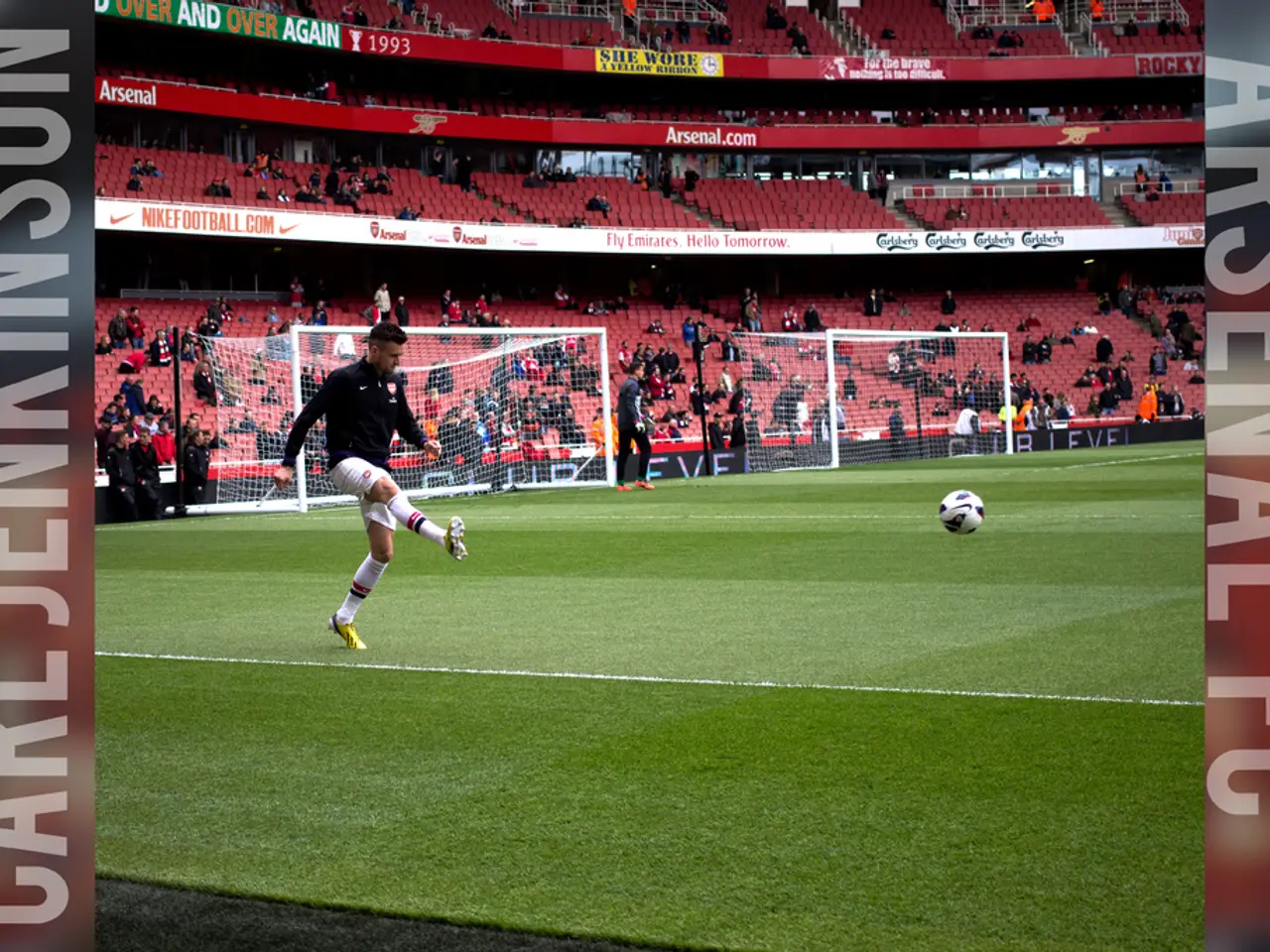Green signal granted by RFEF for Villarreal to face Barcelona in a match in Miami
Spanish football is embroiled in a controversy surrounding the proposed La Liga match between Villarreal and Barcelona, scheduled to be played on U.S. soil at the Hard Rock Stadium in Miami on December 20, 2025.
Real Madrid and various players and executives have raised significant arguments and concerns against the move, citing competitive integrity, sporting fairness, logistical conflicts, and the potential impact on the league’s traditional competitive framework and integrity.
Competitive Integrity and Sporting Fairness
Real Madrid’s official statement emphasizes that transferring the match from Villarreal’s home ground in Spain to the U.S. violates the principle of territorial reciprocity intrinsic to two-legged league competitions—where each team typically hosts one match. This change would upset the competitive balance and unfairly advantage the clubs involved in the overseas fixture, breaking the equality between contenders and compromising the legitimacy of the league results.
Precedent and Sporting Integrity Risks
The move is seen as a dangerous precedent that opens the door to exceptions based on non-sporting interests, undermining the integrity of La Liga and risking the adulteration of the competition’s fairness.
Logistical Conflicts
The scheduled match date (weekend of Dec. 20-21, 2025) clashes with other major events at Miami’s Hard Rock Stadium, including an NFL game, raising practical concerns about venue availability and scheduling.
Broader Rebellion
Beyond Real Madrid’s stance, players and executives have reportedly expressed strong opposition, describing the Miami fixture as an "abomination", indicating a wider stakeholder unrest in Spanish football over the commercialization and relocation of domestic league games abroad.
Despite the controversy, La Liga and the RFEF's push for international exposure and commercial opportunities continues, as exemplified by the precedent of the Spanish Supercopa being played abroad (e.g., Saudi Arabia). However, the proposed Villarreal vs Barcelona match remains contentious due to the potential impact on the league’s traditional competitive framework and integrity.
Opposition and Legal Disputes
The opposition to the transfer has been expressed by the president of the Association of Spanish Footballers (AFE), David Aganzo, and Miguel Ángel Nadal, a member of the RFEF board. Miguel Galán, president of the National Center for Coach Training (CENAFE), has announced measures to challenge the match being played in Miami before the agreement was reached, including submitting a petition to UEFA to pass it on to FIFA for approval.
This controversy is not a new development, as La Liga and the RFEF were taken to court five years ago over the latter's refusal to authorize the celebration of the Girona-Barcelona match in the U.S. The dispute was resolved against the league in a series of court hearings: Madrid commercial court, Provincial Court of Appeal, and Supreme Court.
In summary, the core concerns revolve around maintaining competitive fairness, avoiding undue advantages, safeguarding the integrity of the league, and addressing logistical and scheduling challenges related to holding a domestic league match outside Spain, specifically in Miami.
The potential shift of the Villarreal vs Barcelona match from Spain to the U.S. could jeopardize the competitive fairness in European-leagues, as it contradicts the principle of territorial reciprocity inherent in two-legged competitions, thus potentially violating the equality between contenders.
Moreover, the move might establish a dangerous precedent for future matches, undermining the integrity of European-leagues by opening doors for exceptions based on non-sporting interests, which could adulterate the competition's fairness.






